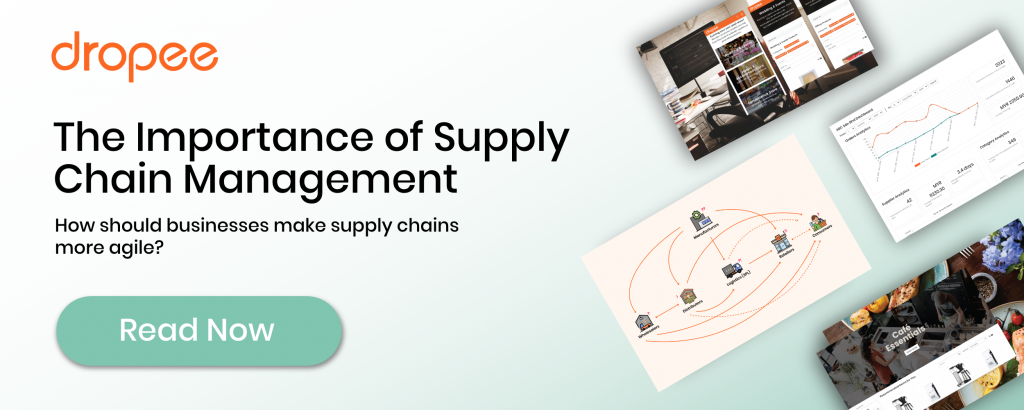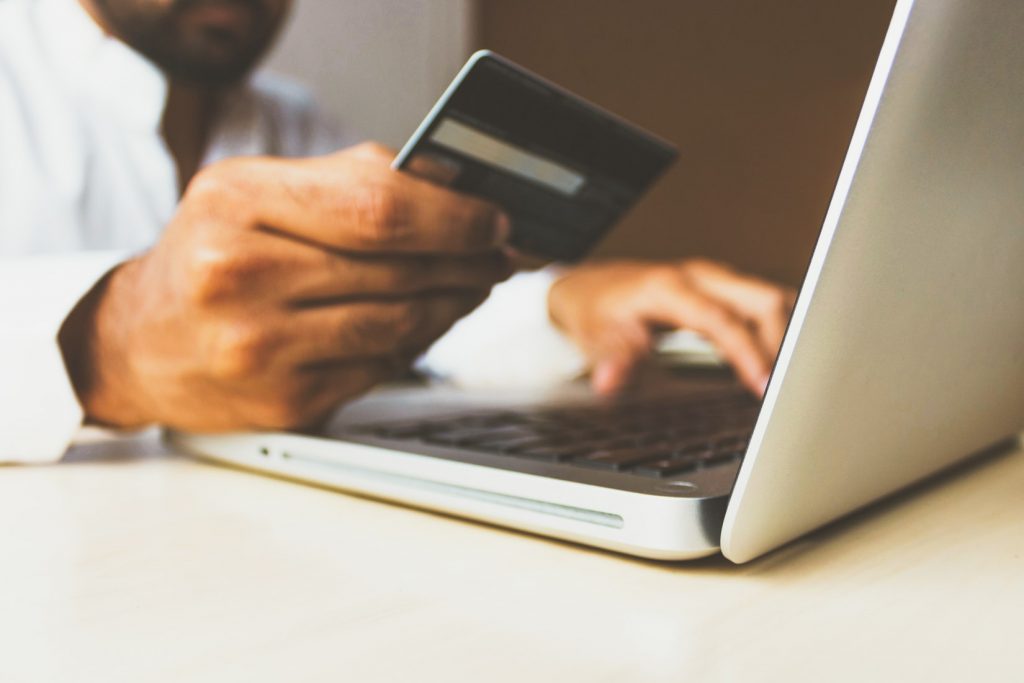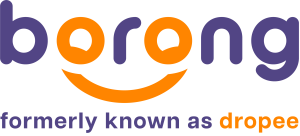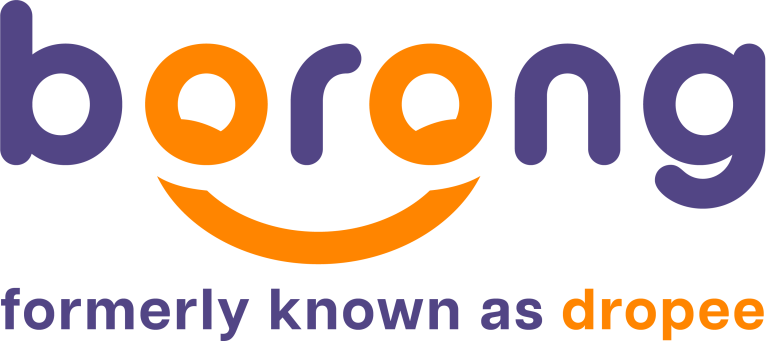For many businesses, 2020 has been a year of survival. Most had to innovate in unprecedented ways the industry has never imagined before.
The changes seen across the industry – digitising processes, centralising supply chain, implementing advanced analytics – has become the new normal.

This means that even though there’s a vaccine in sight, we will not return to old ways in 2021. If anything, there’s an even greater urgency on going digital and adapting to the new landscape.
In preparation for the new year ahead, we look into 2021 B2B trends that will dominate the industry.
2021 B2B Trends: Customer Experience
Self-Service Customer Portals
The pandemic forced us to limit in-person interactions and as a result, we’ve grown even more accustomed to communicating digitally. And so have our customers. Customers prefer self-service over human contact and 95% claim they would purchase in a digital, self-serve model.
The B2B customer of the digital age is no stranger to speedy delivery and even faster response times. They want their problems solved as quickly as possible – and self-service tools are most effective here.
Providing customers with the solutions they need at their fingertips while limiting human interaction shapes a positive customer experience. Some of the most common self-service solutions include FAQ sections, chatbots, knowledge portals, how-to video content, and much more.
Digital Payment Options
The sudden shift to digital solutions shed light on a host of challenges that have dogged the industry for decades. Namely, costly inefficiencies surrounding payment and financial structures that are still largely dependent on slow-moving and inconsistent paper-based payment methods.
Now, businesses must adopt digital payment.

Digital payments have evolved into being more than just another customer touchpoint and is presenting both businesses and their customers with an abundance of opportunities.
Digital payments free up time and resources that can go into growing your business, and generate faster payment cycles. Going paperless also allows for more accurate bookkeeping due to the elimination of human error.
So what does the future hold for digital payment solutions in a B2B world? With 8 out of 10 customers saying they prefer using contactless payments, this trend is looking optimistic. Along with new forms of digital payment solutions being developed to address different needs, more companies are opting to incorporate multiple forms of digital payment solutions to meet demand.
Supplement the Digital Experience with Human Touch
Companies that emphasise customer experience are 60% more successful than their competitors. B2B customers want immediate response and they want their access to information to be effortless. This is why digitisation is an indispensable component of any B2B business.
Aside from the demand for efficiency, B2B customers are also more likely to shop with companies they feel personally invested in. Studies have also shown customers worldwide are belief-driven buyers. This means customers are more likely to stay loyal to a company that reflects the same values as themselves.
Businesses must find a way to imbue each digital touchpoint with a personal element. Whether it’s through customised recommendations of products and services or the occasional personalised email, customers need to be reminded that businesses are tuned-in to their needs as people first.
Ultimately, human connection facilitates personalisation and digital solutions bring efficiency. Neither can thrive without the other.
2021 B2B Trends: Marketing and Technology
Videos, Webinars and Virtual Events
In the B2B world, virtual trade shows and conferences, as well as online servicing of clients, was thought to be the impossible. Now, the impossible is the norm. Lockdowns across the globe have driven a significant increase in digital consumption, which forced businesses to be digital-first.
Businesses not only had to ramp up on digital marketing efforts to capitalise on the increase in screen time, but also switched to virtual environments for conferences and trade shows.

In the next year and beyond, this trend will continue to grow as most countries are still enforcing safety preventative measures — though do expect some form of hybrid to occur too.
Omnichannel is still a prominent force, and businesses must take note of how to best shape the customer experience.
Virtual and Augmented Reality
Virtual reality (VR) and augmented reality (TR) have gained popularity over the past years, especially in the B2C space. Ikea’s Place app, for example, allows users to place true to scale, virtual 3D models of furniture in their space.
As B2B marketers begin to look to B2C tactics to amp up their engagement with buyers, adoption of immersive technologies to further educate and communicate with their customers will be rampant.
From creating interactive product catalogs to amping up sales presentations and demos (like showcasing products in a virtual room), AR and VR have the potential to alter the B2B landscape.
Enhancing Personalisation
B2B marketing has gone through an evolution in the past few years. Marketers are gravitating away from product selling and instead, heading towards solution selling – providing value for the customers.
And this is the era of the customer. As the marketplace becomes more competitive, connecting with customers is essential. Tactics such as customer loyalty programmes, personalised offers, and targeted product recommendations are some ways to offer seamless experiences for customers.

Engaging with your customers on a personal level is a great way to not only attract new customers but also retain existing ones. In fact, retaining an existing customer is far more cost-effective.
Targeted Email Marketing
For many B2B marketers, email marketing has proven to be a vital component in their strategy. 60% of marketers have acknowledged email marketing to be the most effective when it comes to generating revenue.
So what are the B2B 2021 trends moving forward? The Email Marketing Industry Census forecasts the future of email marketing will involve artificial intelligence and predictive solutions. This means marketers can further leverage advances in technology to create personalised email content to meet customer expectations on a granular level.
That being said, the bells and whistles that come with new technology cannot be expected to thrive without a well-thought out strategy.
Being able to supplement emails with live content is yet another marketing trend is gaining traction. From emails that list real-time inventory data to handy countdown clocks for upcoming releases and promotions, dynamic content will allow B2B marketers to create even more personalised email content.
Ultimately, the main goal is creating a connection with your customers to ensure every means of contact reflects something of value to them.
2021 B2B Trends: Strategy and Innovation
The Omnichannel Experience
Millennials make up 73% of B2B buyers and their personal experience as B2C customers have deeply influenced their expectations. They are not only comfortable with using multiple channels to get information, but they are also expecting the same degree of consistency across. Real-time updates are crucial, too.
This is why a seamless omnichannel approach is necessary for retaining and attracting new customers. The best shopping experiences are the ones that go beyond the website and ensure the same level of service is available across all platforms.

The omnichannel approach focuses on integrating all of your distribution channels into a centralised hub. This prevents your business from losing track of what’s important, allowing for heightened awareness of customer issues.
An omnichannel model helps businesses zero-in on specific problems and subsequently, provide their customers with consistent, more personalised services.
To Conclude
A recurring theme in many of the 2021 B2B trends mentioned above returns to the concept of personalisation – and it’s clear why.
Customers are becoming increasingly wary of the constant selling. Therefore, businesses must find a way to position themselves above the noise and connect with customers on a more meaningful and emotional level.
Here at Dropee, we understand how important it is for businesses to be able to engage with their customers and build sustainable relationships. This is why we work closely with local businesses to offer personalised solutions that can help you in your journey.
From digitisation to marketplace access, Dropee is focused on mobilising businesses with the technology they need to ensure long-term growth. Contact our sales team for a free consultation today and we look forward to working with you!


